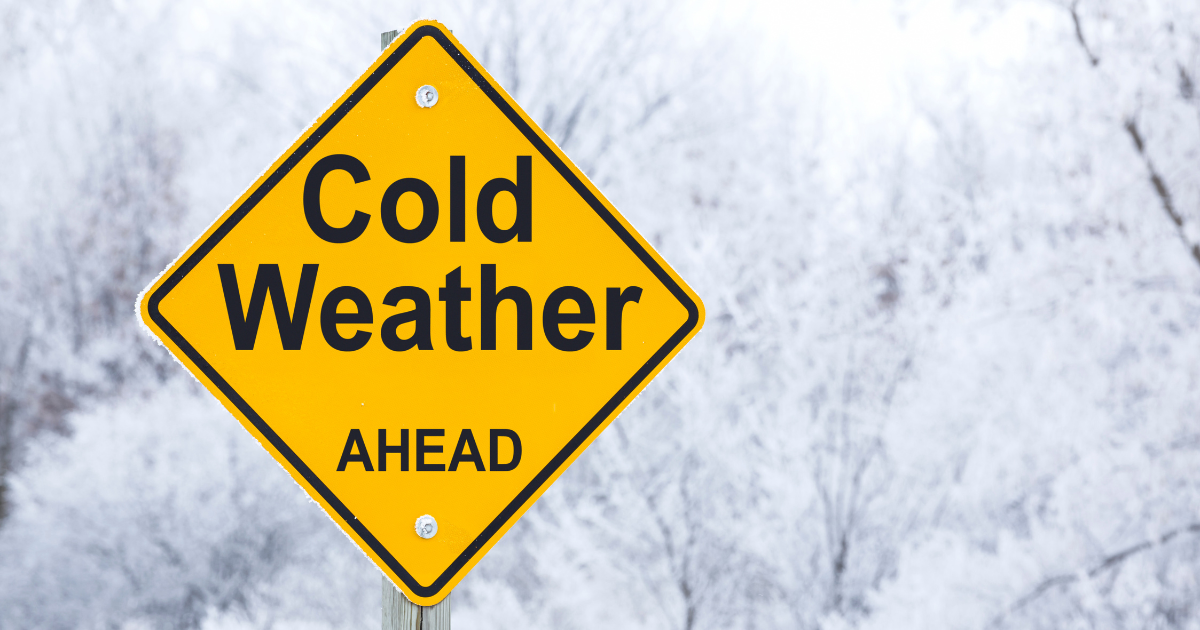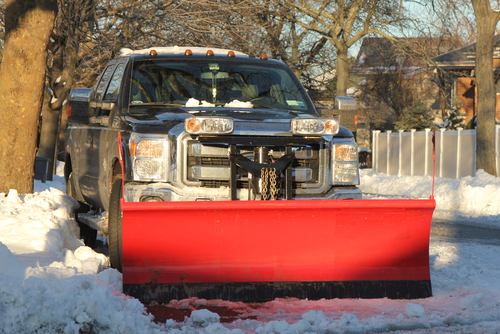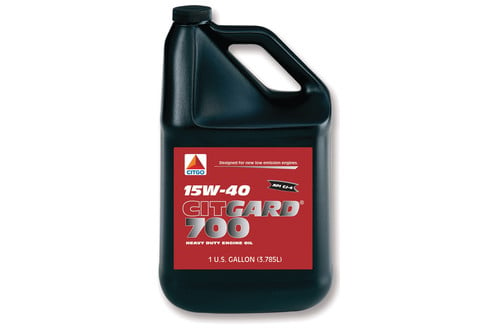Preparing Your HD Fleet for Fall and Winter

As the leaves change colors and the cold winds blow in, it's time to gear up and prepare your heavy-duty fleet for the fall and winter seasons!
- Think Colder:
- Preparing for cold weather operation is a combination of several facts.
- Verifying coolants are in optimal condition.
- Verifying the correct engine oil and viscosity for cold seasons according to OEM recommendations. Lighter viscosity engine oils allow for easier startups in cold weather.
- Training equipment operators and drivers of proper cold weather start-up and warm-up procedures. Keep in mind excessive idle time is as detrimental to equipment and lubricates as no warm-up time.
- Thickening fluid can create resistance to flow through a filter which could result in filter damage or bypass.
- Preparing for cold weather operation is a combination of several facts.
- Why Warm-up and Consider Using Lighter Viscosity Engine Oils:
- Most of the wear in engines, up to 80% of wear, can be attributed to cold start-ups.
- Using the proper or lighter viscosity grade of oil can significantly reduce wear because the lubricant can flow to moving parts of the engine much quicker.
- Warm-up cycles for an engine should be long enough to bring the engine up to normal operating temperature which will minimize wear and improves the service life of parts, such as turbochargers, bearings, and piston rings. The need for DPF cleaning can be impacted positively by a warm-up procedure.
- Things To Test Before The Colder Weather Is Here:
- Block heaters, which keep the coolant at a warm temperature when the vehicle is parked.
- Proper sizing of a heating element is very important for ultimate coolant temperature. Also, just because the engine temperature is warm at start-up does not mean all the other parts in the vehicle have been warmed as well. Letting all components warm-up to normal operating temperature before working at 100% is very important.
- With Diesel engines, the DPF checked and/or cleaned as it can impact the warm-up procedure.
- Testing DEF heaters for cold operation should be part of the schedule maintenance as DEF can freeze and could cause engine shut down.
Hopefully these tips will help you prepare your heavy-duty fleet for the colder weather! As always, if you have any questions or would like to go more in depth, feel free to reach out to us.


